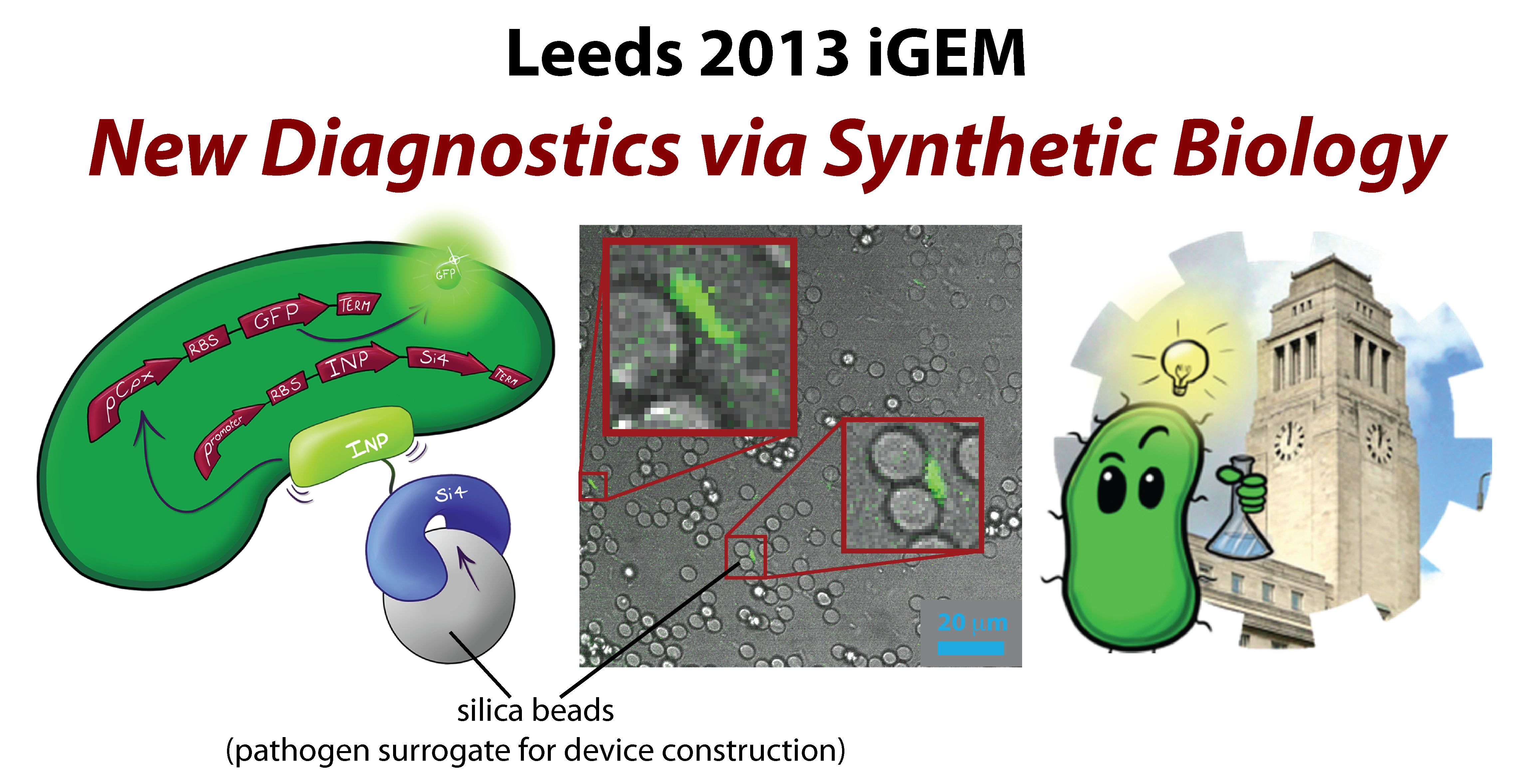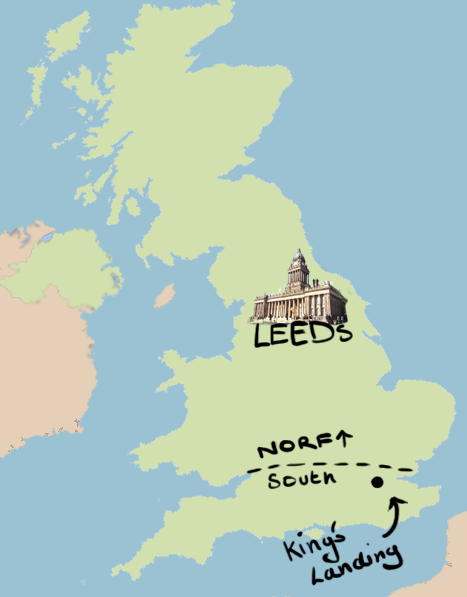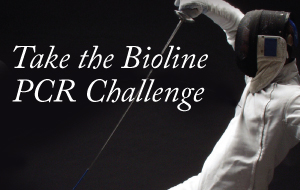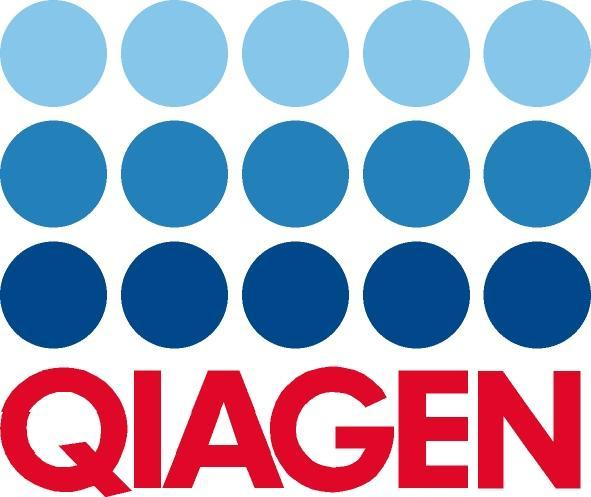Team:Leeds
From 2013.igem.org
| Line 16: | Line 16: | ||
==So what's the [[Team:Leeds/Project | Big Idea]]?== | ==So what's the [[Team:Leeds/Project | Big Idea]]?== | ||
Like the hunting dog, the Beagle, our Micro-beagle is a biosensor designed to hunt down pathogens. Micro-beagle utilises the Cpx pathway and GFP, which, when it fluoresces can be seen with the naked eye. | Like the hunting dog, the Beagle, our Micro-beagle is a biosensor designed to hunt down pathogens. Micro-beagle utilises the Cpx pathway and GFP, which, when it fluoresces can be seen with the naked eye. | ||
| + | |||
| + | <br> | ||
| + | |||
In order to achieve this we will have designed our biosensor to physically bind to the antigen of interest. This will induce membrane stress which activates the Cpx pathway. By putting the GFP gene downstream of the Cpx promoter, GFP protein will be made when membrane stress occurs and consequently the cells will fluoresce when the pathogen is present in the solution. | In order to achieve this we will have designed our biosensor to physically bind to the antigen of interest. This will induce membrane stress which activates the Cpx pathway. By putting the GFP gene downstream of the Cpx promoter, GFP protein will be made when membrane stress occurs and consequently the cells will fluoresce when the pathogen is present in the solution. | ||
| + | |||
<br> | <br> | ||
| + | |||
As a proof of concept, first we will be using silica beads as a pathogen analogue. In order to bind to the beads will be express a silica binding peptide on the surface of the cells using ice nucleation protein. INP, a BioBrick we decided to use from the registry, expresses any gene sequence placed at its C terminus on the cell surface. The theory is that the silica binding peptide sequence can be easily swapped for a sequence of any antigen binding moiety and therefore enable us to detect any pathogen, simply, quickly and cheaply. | As a proof of concept, first we will be using silica beads as a pathogen analogue. In order to bind to the beads will be express a silica binding peptide on the surface of the cells using ice nucleation protein. INP, a BioBrick we decided to use from the registry, expresses any gene sequence placed at its C terminus on the cell surface. The theory is that the silica binding peptide sequence can be easily swapped for a sequence of any antigen binding moiety and therefore enable us to detect any pathogen, simply, quickly and cheaply. | ||
<br> | <br> | ||
}} | }} | ||
Revision as of 10:35, 9 August 2013

Who the heck are Leeds?We are the Leeds 2013 iGEM team, We are a group of undergrads from various courses all with a passion for synthetic biology!
So what's the Big Idea?Like the hunting dog, the Beagle, our Micro-beagle is a biosensor designed to hunt down pathogens. Micro-beagle utilises the Cpx pathway and GFP, which, when it fluoresces can be seen with the naked eye.
In order to achieve this we will have designed our biosensor to physically bind to the antigen of interest. This will induce membrane stress which activates the Cpx pathway. By putting the GFP gene downstream of the Cpx promoter, GFP protein will be made when membrane stress occurs and consequently the cells will fluoresce when the pathogen is present in the solution.
As a proof of concept, first we will be using silica beads as a pathogen analogue. In order to bind to the beads will be express a silica binding peptide on the surface of the cells using ice nucleation protein. INP, a BioBrick we decided to use from the registry, expresses any gene sequence placed at its C terminus on the cell surface. The theory is that the silica binding peptide sequence can be easily swapped for a sequence of any antigen binding moiety and therefore enable us to detect any pathogen, simply, quickly and cheaply.
| |||||||
 |
| ||||||

| |||||||

| |||||||
 "
"







